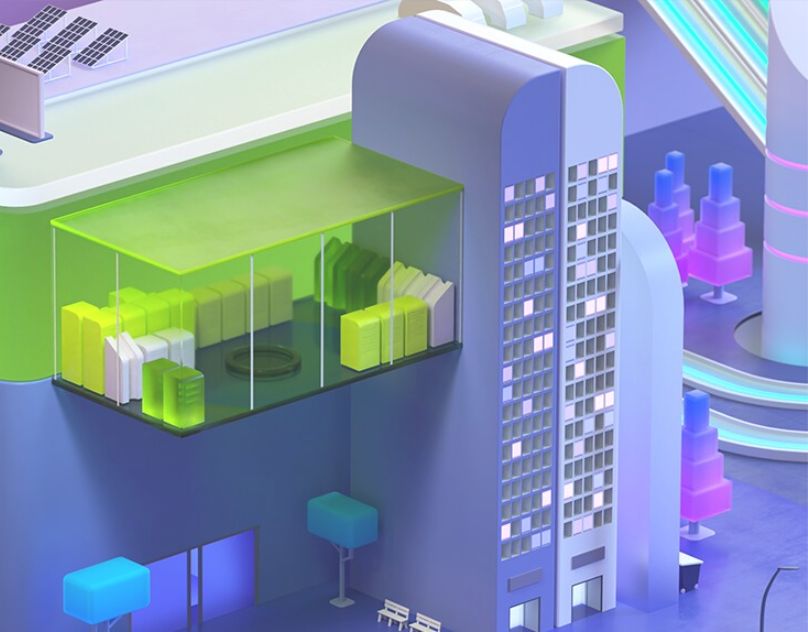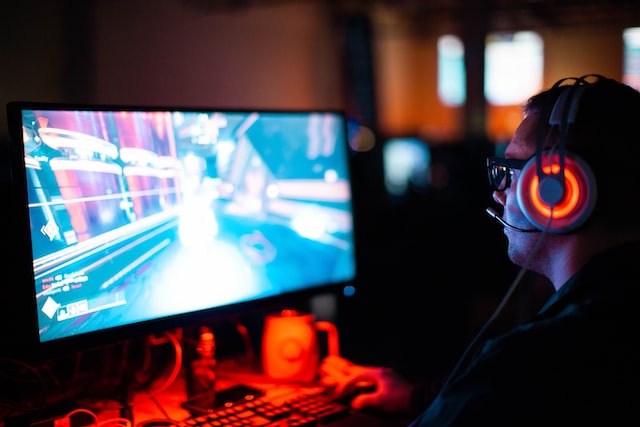Creating the next multiplayer success
Online play has always been hard because it’s hard to find a good balance between speed, performance, and features.
We’ve got you covered if you’re developing the next multiplayer smash:
- Without building and maintaining your infrastructure, Unity’s Multiplay enables you to run a reliable multi-cloud hybrid server hosting and matchmaking solution.
- You can match the right players at the right speed and place with Multiplay integration out of the box for Enterprise clients when Matchmaker (currently in closed beta) is integrated.
- The tools can help you connect your players, irrespective of their location. With Unity’s Relay (beta) service, you can connect your players and give them a great multiplayer gaming experience without having to buy an expensive dedicated game server.
- Lobby (beta) enables players to create public or private entrances using simple game attributes, which other players can search for, find, and join. It also supports player-directed matchmaking.
- Netcode (beta) enables you to build a solid foundation for your GameGame using Netcode for GameObjects, a networking library designed for the Unity game engine. You may also use Netcode for Entities, Unity’s experimental high-performance, multithreaded Data-Oriented Technology Stack (DOTS), enabling you to utilize multicore processors fully.
- Vivox voice and text are among the gaming industry’s most popular and feature-rich comms systems.
Also see: How Can I Make Money From NFT Game Development?
Designing a sustainable in-game economy
Economy (beta) is a service provided by Unity that allows you to create, manage, and publish an in-game economy, define in-game currencies, and store player balances.
You can manage your economy in real-time without a client update.
The service consists of the following:
- Currencies let users balance one or more denominations in your GameGame.
- Inventory items are configuration-created resource definitions. Unlike currency, inventory items like swords, shields, and hats can have unique properties.
- Purchases are made using virtual assets or real money in a digital storefront.
- Unity Dashboard’s economy configuration panel controls beta. This repository manages and publishes your Game’s resources and allows custom data.
- After designing and defining your economy, you can transfer its configuration to your GameGame and give players instant access.
Managing the challenges of live operations
Managing live operations is frequently one of the most challenging aspects of launching a game, so having the appropriate tools is beneficial.
Here is how Unity Gaming Services can be of service:
- Through predefined dashboards, Data Explorer, and more, Analytics (beta) enables studios to understand game performance and player behaviors easily.
- With Remote Config from Unity, you can launch new features, test functionality, and make general modifications without requiring app updates or code changes.
- With the help of the Game Overrides feature, you’ll be able to modify how games are configured for your store, environment, and content deployments. You can keep players who have stopped playing by adding new things to do in the Game, and you can get your most loyal fans excited about the Game by doing so.
- By facilitating efficient management of your Game’s assets and the delivery of content stored in the cloud, Cloud Content Delivery (CCD) makes it simpler to construct and distribute new game updates. CCD users can now send assets to the appropriate players at the proper time by targeting specific players with Game Overrides and scheduling content changes.
You are setting up your Game’s backend infrastructure.
If you were previously utilizing GameSparks to power the backend of your GameGame, Unity’s Game Backend solutions provide a collection of tools and cloud services that host and run game content on managed infrastructure.
Here are a few examples of how Game Backend tools can be utilized:
- With Cloud Code (beta), you can modify game logic anytime without releasing a new version of your GameGame and connect multiple backend services using custom logic.
- Cloud Save (beta) enables the tracking and storing of player data, including player abilities, statistics, and other information. This makes it possible for your players to have accounts accessible across multiple devices.
- Through the use of Authentication (beta), you will be able to provide new players with an account and link all of the data generated by the backend products to each player.
- Imagine that you were using GameSparks as your player account storage solution. If this is the case, you can now combine the Cloud Save (beta) service offered by Unity Game with the Authentication (beta) service provided by Unity to save a player’s progress automatically and link it to their account.
Where Can I Find Unity Game Developers?
If you want to hire Unity game developers, make sure they know how the system works and can work on different platforms, such as iOS, Android, Linux, Windows, etc. Also, the developers should know how to make 2D and 3D graphics and have some experience with API scripting. Your team should also know how to test games well and fix bugs and other problems to make your game work better.
Also, connect with the Unity Game Development Company, which can help you make a reliable game and give you future-proof Unity game solutions so that you don’t have to deal with problems in the game in the future.




